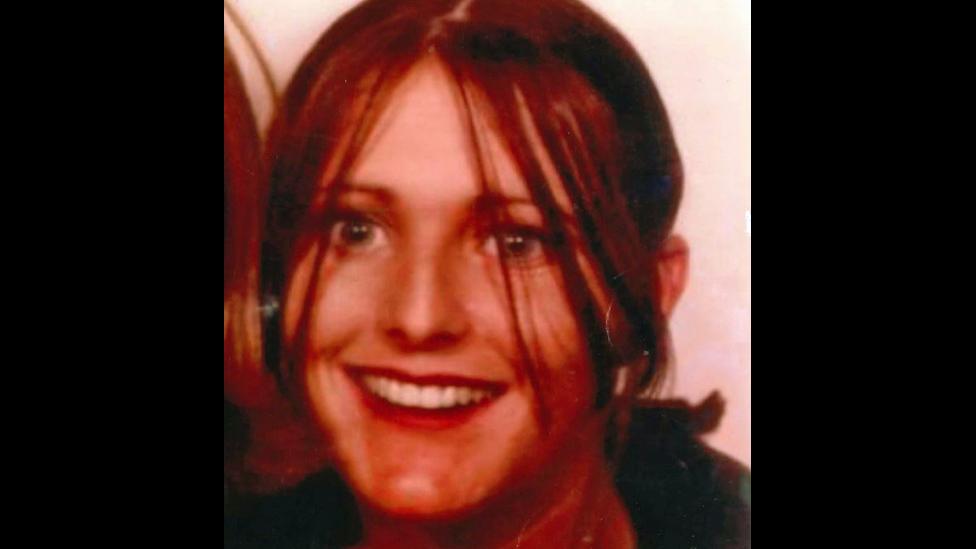How many minimally conscious patients are there?
- Published
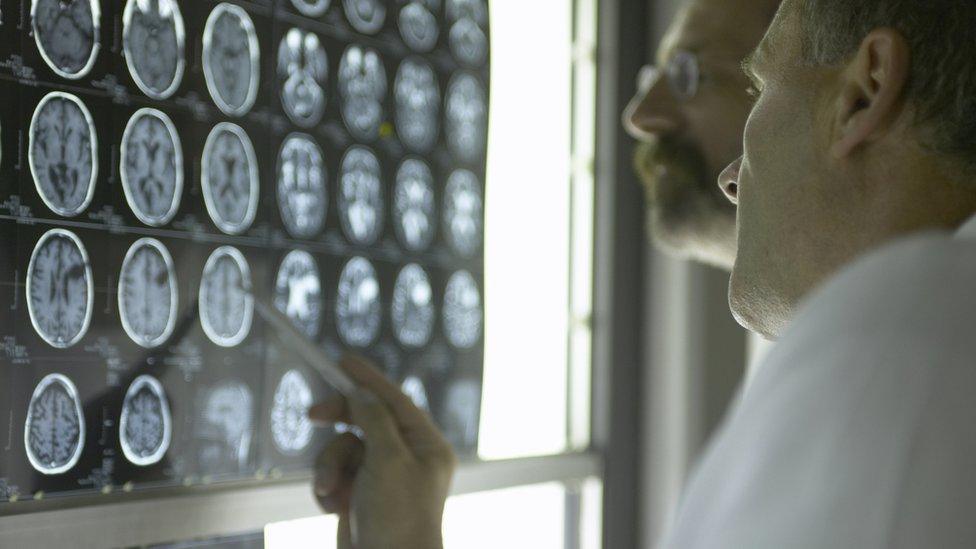
Prolonged disorders of consciousness are usually caused by a sudden brain injury
Advances in medicine have meant that many more people survive traumatic incidents than in the past.
Many people will have "prolonged disorders of consciousness" - either in a coma or vegetative state, where they show no awareness of their environment, or a minimally conscious state, like Paul Briggs, where they show very limited awareness.
However, the NHS does not publish data on these patients, so this autumn the BBC requested the information from all individual CCGs and NHS bodies across the UK.
The responses showed that more than 100 people with prolonged disorders of consciousness are currently being cared for by the NHS.
Many of the 105 patients declared by health authorities have been in this state for more than six months.
The data comes from a BBC Freedom of Information enquiry, but gives a very incomplete picture, as only a quarter of all bodies responded.
In the most extreme of these cases uncovered by BBC Radio 4's Today programme, a patient cared for by the Western Health and Social Care Trust in Northern Ireland had been in a minimally conscious state for 20 years.
Treating patients with long-term consciousness disorders takes up a considerable portion of some of the continuing care budgets of Clinical Commissioning Groups,, external the NHS bodies responsible for arranging their care in England.
One expert in neurological rehabilitation has told the BBC he believes these figures suggest the NHS could be spending millions on such patients, often for many years.

A judge ruled that doctors should stop providing life-support treatment to PC Paul Briggs
Ever since the House of Lords ruled in 1993 that doctors could end treatment for Tony Bland, the fan injured at Hillsborough, withdrawal of food and water has been approved case by case by the Court of Protection.
However, lawyers say there have been relatively few cases over the past twenty years, almost always brought by the NHS Trust or Clinical Commissioning Group.
The case of Paul Briggs was exceptional: the family brought the case, and the judge agreed Mr Briggs could be named.
The Court of Protection deals with cases where a person, usually referred to as "P", lacks capacity to manage their own affairs.

What is a prolonged disorder of consciousness?
A disorder of consciousness can occur after a person suffers brain damage.
It usually leads to a person being in one of three states - coma, vegetative state, minimally conscious state.
- A coma is when a person shows no signs of being awake or aware
- A vegetative state is when a person is awake but is showing no signs of awareness.
- Somebody in a minimally conscious state shows clear but minimal or inconsistent awareness and may have periods where they can communicate or respond to commands, such as moving a finger when asked
You can find more information on the NHS Choices website., external

Freedom of information requests have shown that Lambeth CCG and Southwark CCG each spent more than £1m on caring for these patients in the 2015/16 financial year. These costs took up 7.5 and 9% of their continuing care budgets respectively.
In Lanarkshire NHS Board, one patient suffering from a prolonged disorder of consciousness has spent the last seven years in an acute hospital bed, at an estimated cost to the NHS of £1.15m.
However, figures on these kinds of patients are not regularly recorded by CCGs and other health bodies.
Only 62 of the 238 health authorities approached by Today could provide any information on how many patients were their responsibility.
Most authorities refused our requests, saying that providing a response would be too expensive, or that they simply did not hold this information.
Many of those who could provide us information on the amount they spent on caring for these patients refused to state the numbers they were caring for, over fears for patient confidentiality.

Treating patients with long-term consciousness disorders takes up a considerable portion of some of the continuing care budgets
Prof Derick Wade, of the Oxford Centre for Enablement, said he believed the responses suggested many commissioning organisations were caring for at least five, and possibly 10, people who were in a minimally conscious or permanent vegetative state.
He said "I think that these figures provide reasonable evidence that potentially the NHS is spending very large sums of money on caring for people with a prolonged disorder of consciousness, often for very many years."
He said the CCGs and Trusts should embark on a "much more rigorous" collection of data.
- Published20 December 2016
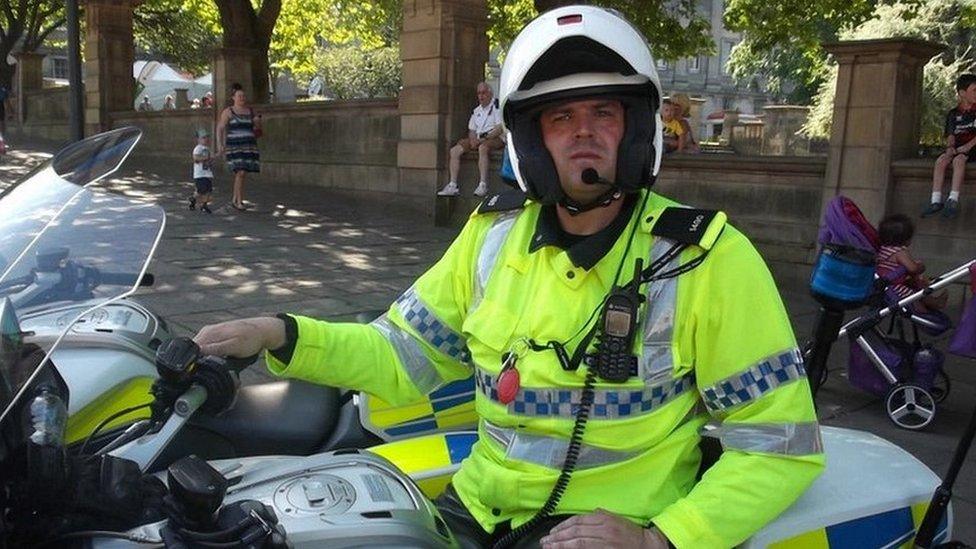
- Published12 December 2013
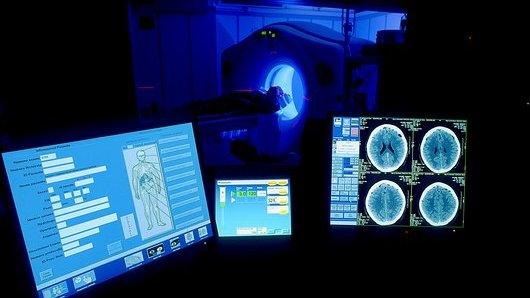
- Published28 September 2011
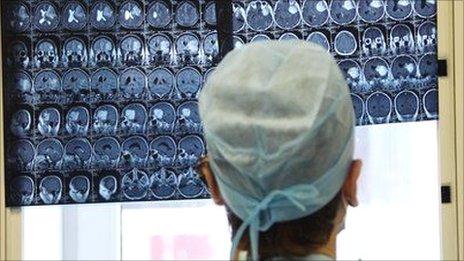
- Published23 September 2016
